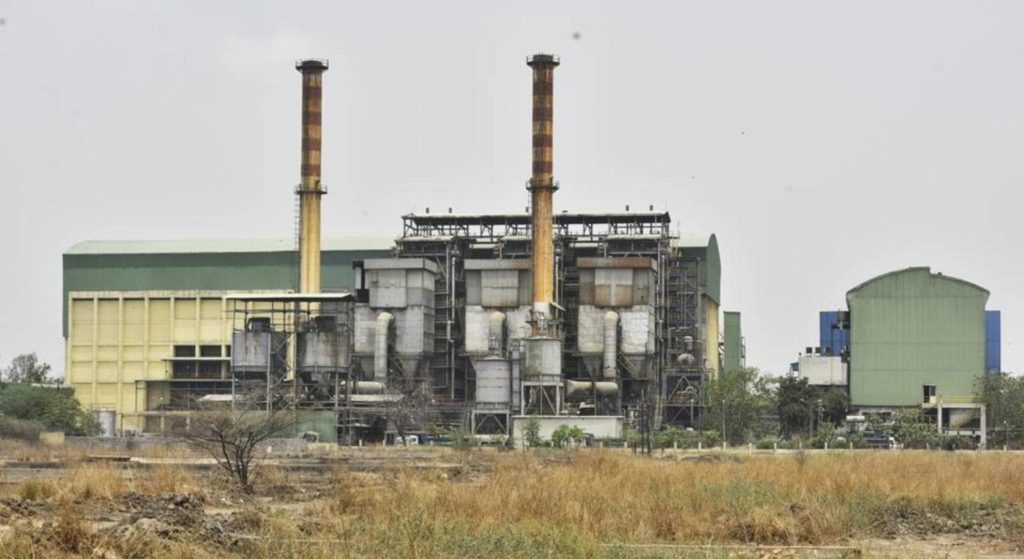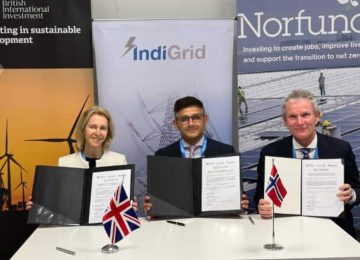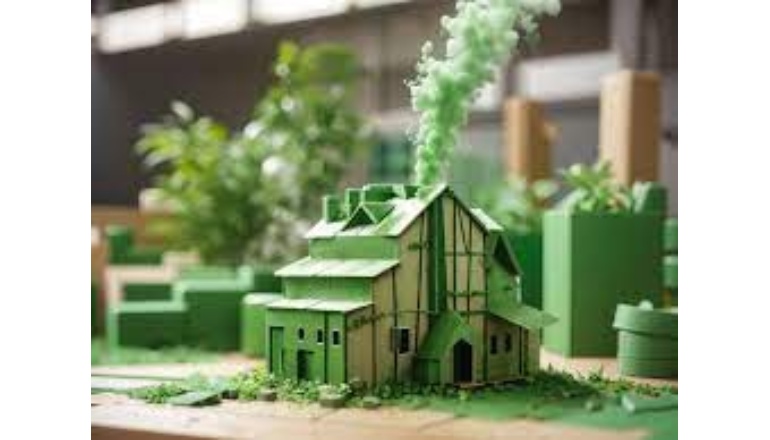In a significant move towards sustainable environmental management, the Central Pollution Control Board, or the CPCB, recently revised the framework for classifying industrial sectors. The new methodology introduces a new blue category dedicated to essential environmental services (EES) for streamlining the regulation and oversight of activities such as municipal solid waste (MSW) management, landfill mining (biomining), and other environmental services.
The new blue category is designed to accommodate facilities that address pollution mitigation arising from domestic and industrial activities.
Essential environmental services include critical infrastructure such as common effluent treatment plants (CETPs), MSW landfills, MSW landfill biomining, sewage treatment plants (STPs), and municipal solid waste management processing plants.
Units falling under the blue category are eligible for an incentive mechanism, including an extended validity period of two additional years for their “Consent to Operate” under prescribed environmental norms.
However, only the projects that promote circular economy can be reclassified as a blue category industry. CPCB’s own methodology states that only the projects that do not emit hazardous waste can be classified as ‘blue category’ industries. CSIR-NEERI has also stated that “WTEs are against the SWM rules, 2016.”
A Centre for Science and Environment (CSE) report pointed out that Delhi’s three WTE plants burned 2000 tons of plastic every day in FY 2022-2023, which directly translated into high chloride content in Delhi’s air and contributed significantly to the city’s poor AQI.
According to the CPCB, the new classification is based on the “precautionary principle” or the potential of industries to pollute the environment.











